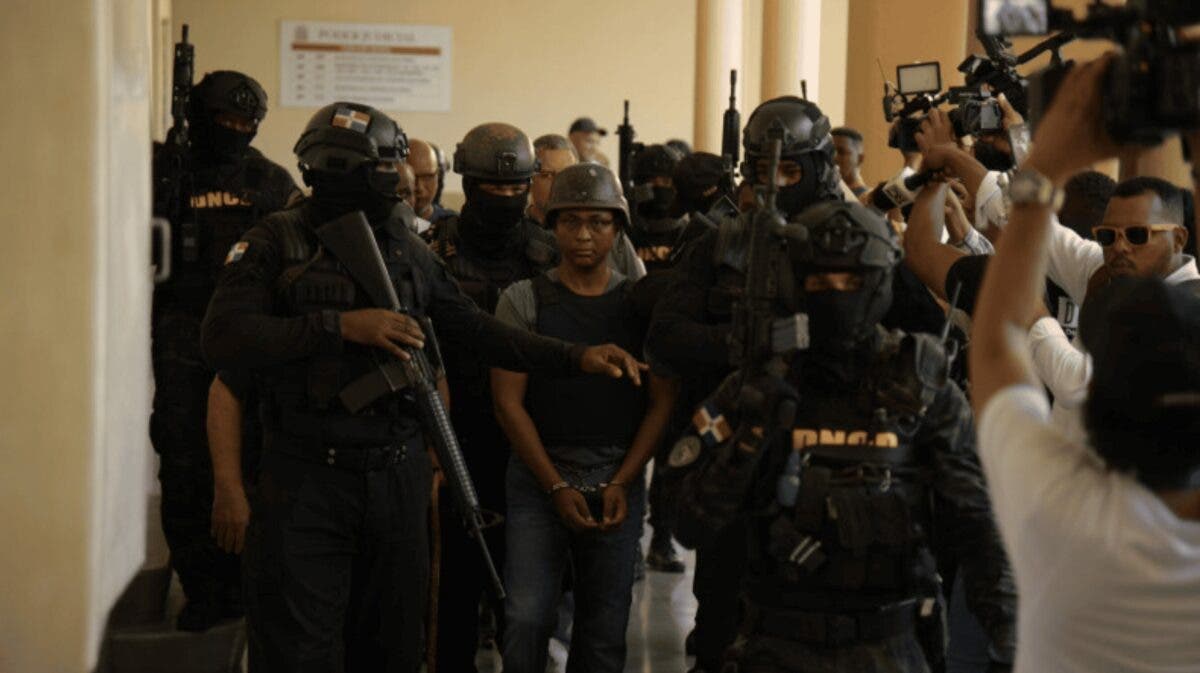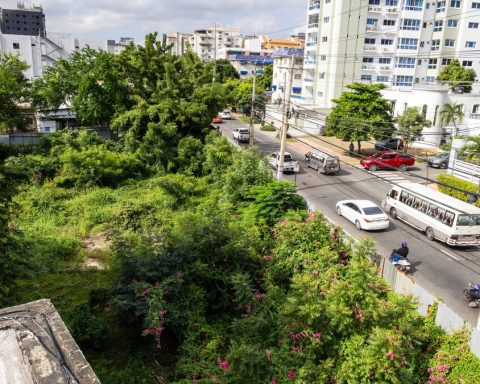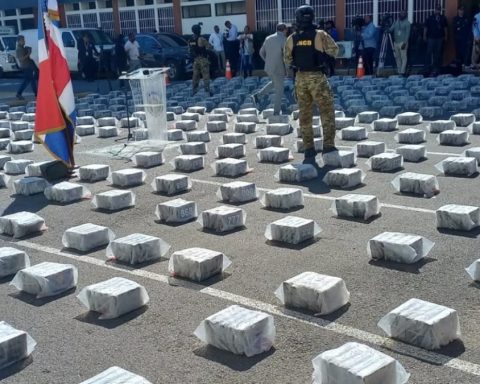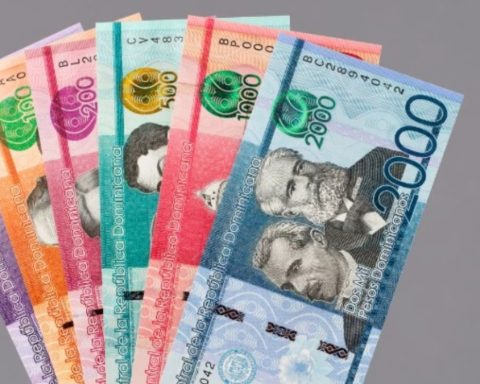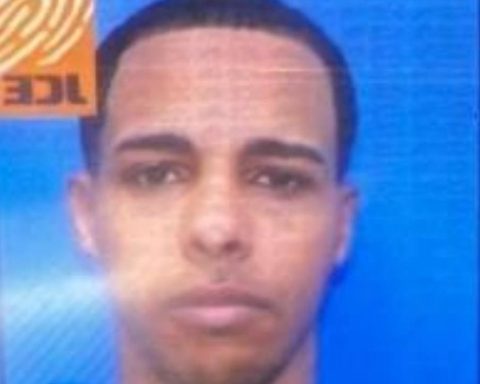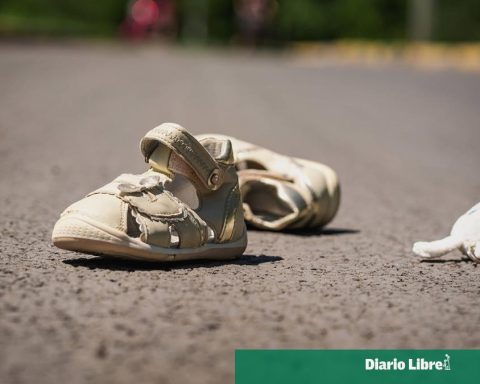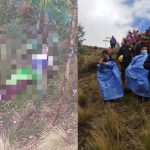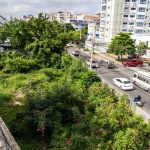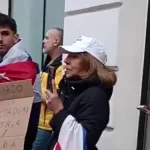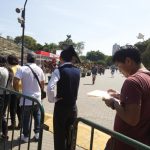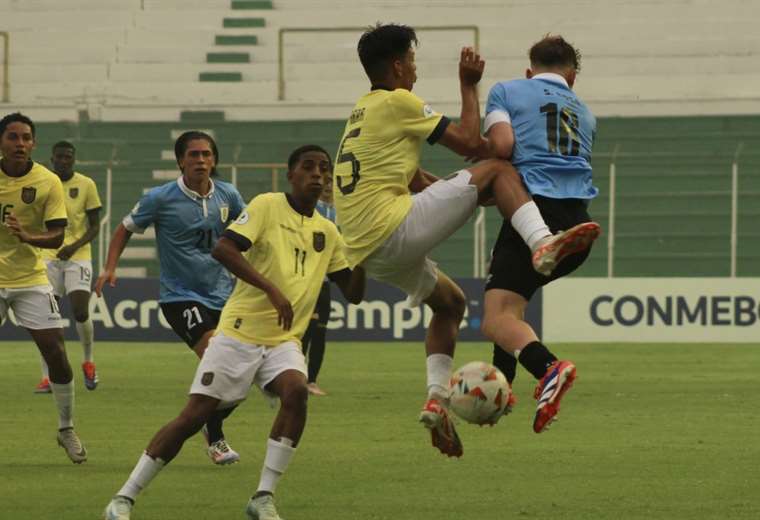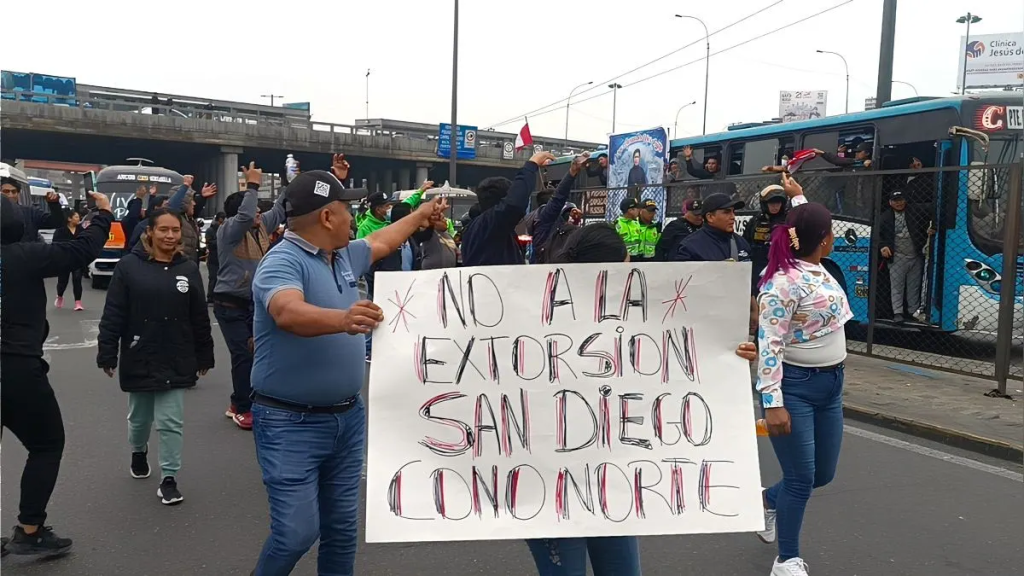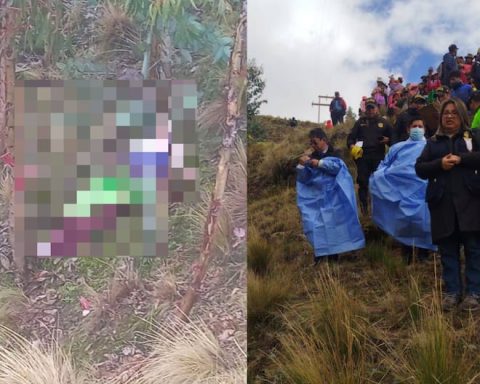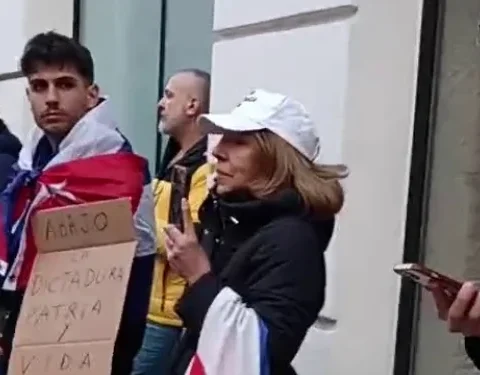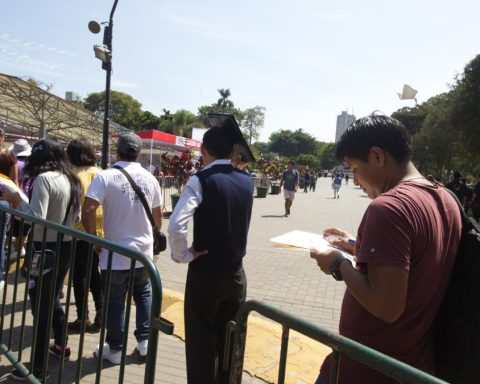Judge Rigoberto Sena ordered the preventive detention of Rafael Ynoa Santana, alias “El Cojo”, Isidoro Rotestan Clase, Juan Bolívar Hernández, José Antonio Toribio, Juan Henrique Tavarez, Severiano Núñez Pichardo, Robert Nicolás Acosta Adames and Cristian Esteban Alcántara Javier. Likewise, the court imposed as a precautionary measure the impediment of departure and financial guarantees for Germania Mercedes Natali Román and Maritza Flete Santana, who must pay RD$500,000 and RD$200,000, respectively.
The alleged ringleader, Rafael Ynoa Santana, will serve the measure in the La Romana prison, while the other defendants will be transferred to the Najayo Hombres Correction and Rehabilitation Center.
The Public Ministry, represented by prosecutors Surelis Jáquez, Andrés Mena and Emmanuel Ramírez, positively assessed the judge’s decision, underlining the seriousness of the crimes charged and the strength of the evidence that supports the roles of each of the accused.
During the hearing of the coercive measure, three of the defendants, including Rafael Ynoa Santana, along with his romantic partner Germania Mercedes Natali Román and Maritza Flete Santana, admitted their guilt in the acts of which they are accused.
The request, which covers more than 200 pages, details that this case presents all the characteristics of an organized crime, involving crimes such as money laundering and association of criminals in a highly structured criminal network.
The defendants were arrested during a large simultaneous operation by air, sea and land, carried out in the provinces of Santo Domingo, Puerto Plata, María Trinidad Sánchez, La Romana and Samaná. This operation was carried out by the Public Ministry and the DNCD, with the support of the Ministry of Defense, State intelligence agencies, the DEA and the United States Southern Command.
The request for a coercive measure indicates that the defendants transported large shipments of drugs from Colombia and Venezuela to Puerto Rico, the United States and Europe, using speed boats and fishing boats. The substances entered Dominican and Puerto Rican territory to be redistributed to the United States and Europe, where their value tripled, generating enormous profits for the organization.
